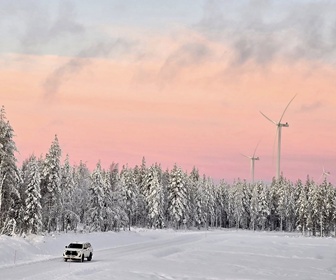The rejection of Spain’s Royal Decree-Law 7/2025 has drawn strong criticism from the country’s renewable energy sector, which views the decision as a serious setback for the energy transition. Both Fundación Renovables and the Spanish Wind Energy Association (AEE) have voiced concern that essential technical reforms have been blocked due to political divisions in parliament. The decree, voted down by Podemos, BNG, Vox, Junts, and PP, included measures aimed at modernising the electricity system and reinforcing its operational resilience. It was considered a politically neutral set of reforms designed to strengthen grid stability, support renewable deployment, and accelerate the electrification of the economy.
Among the key proposals was a streamlined process for repowering wind farms, particularly relevant in Galicia, where numerous projects are stalled due to regulatory hurdles. The reform would have allowed operators to submit a differential environmental impact declaration comparing new and existing installations, replacing the requirement for a full new assessment.
To encourage decentralised energy, the decree also proposed expanding the distance limit for shared self-consumption from 2 to 5 kilometres. In addition, it introduced the role of a self-consumption manager to assist cooperative energy schemes and local solar users in navigating administrative procedures.
Energy storage—whether stand-alone or co-located with renewable generation—was to be declared in the public interest, simplifying permitting and encouraging deployment of this critical flexibility technology. The decree also recognised the role of renewables in maintaining grid stability, enabling them to be paid for services such as voltage control and grid-forming support.
The AEE warned that blocking the decree puts at risk the competitiveness of the wind industry, which currently generates around 23% of Spain’s electricity. It urged political parties to restart the reform process through a new legislative proposal and warned that repeated failures to adopt such measures undermine confidence in the energy transition.










